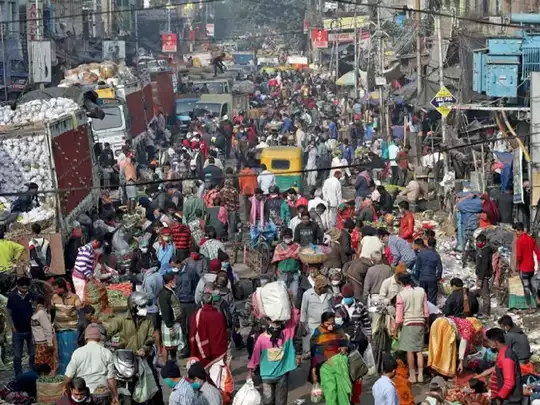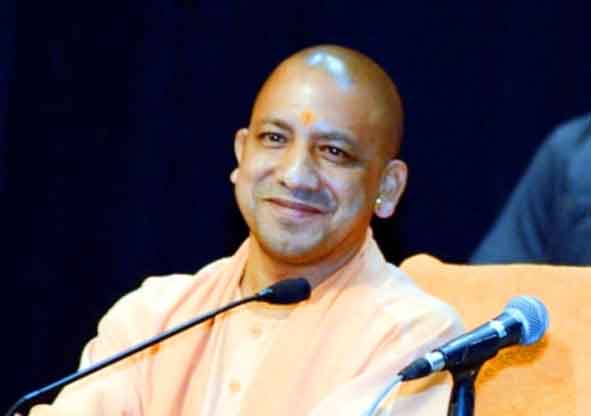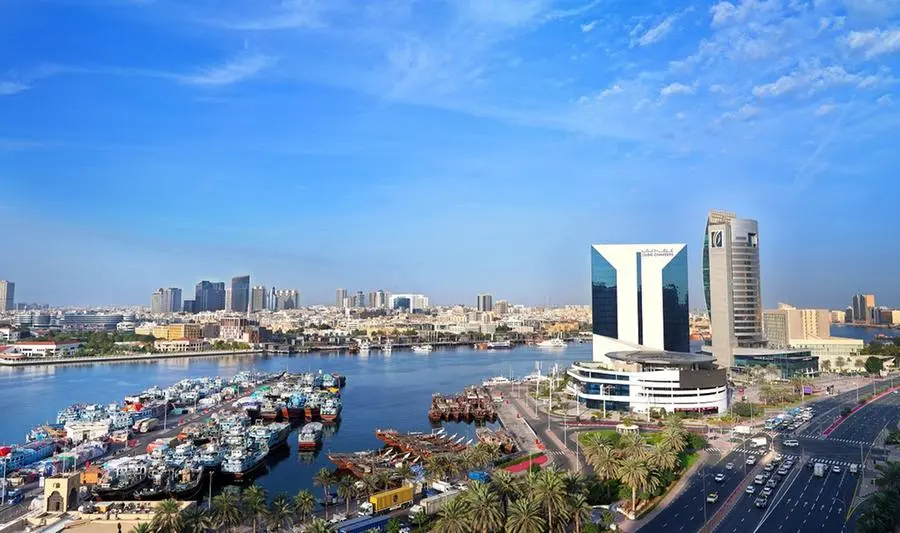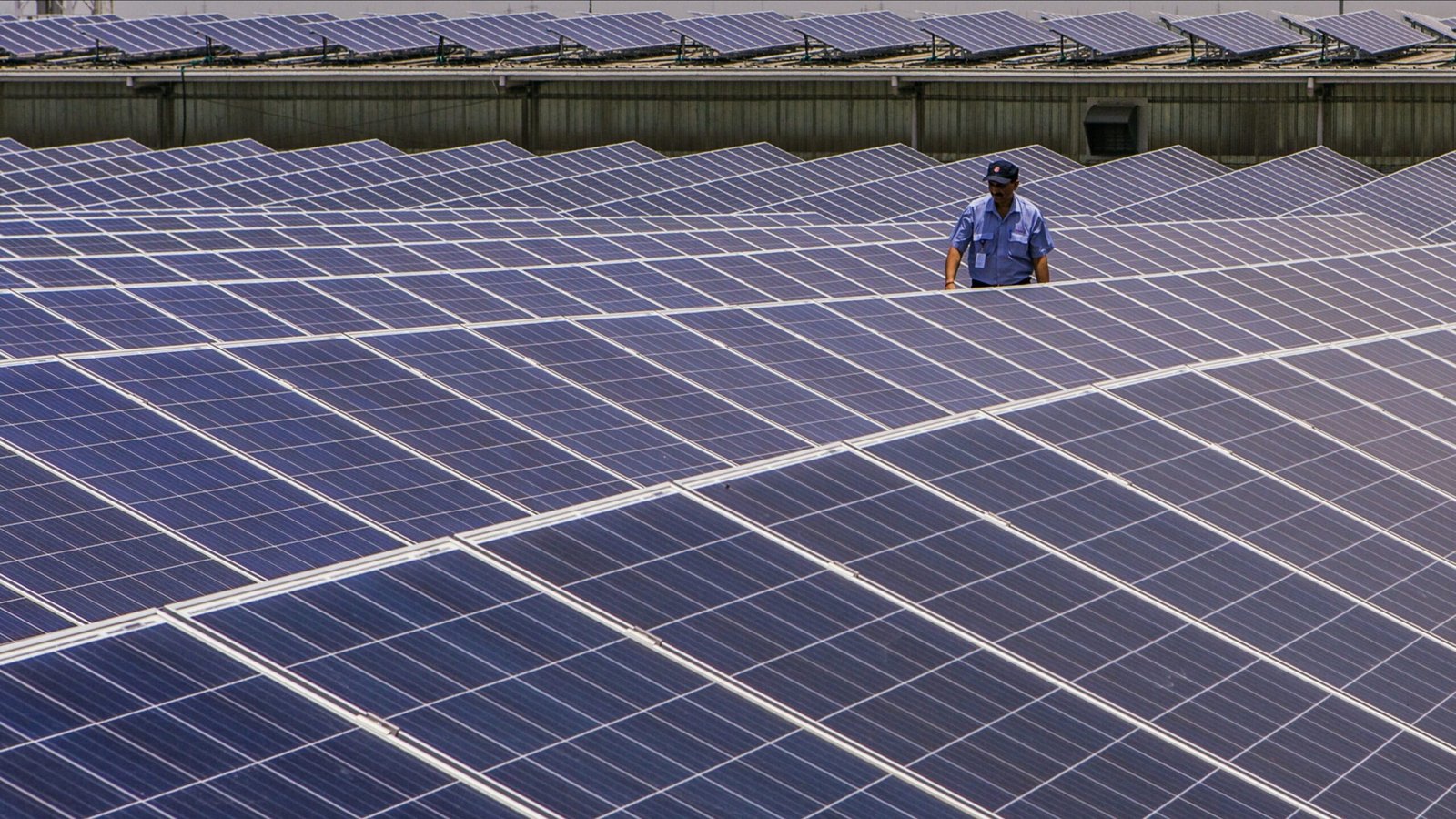“The milestone is an occasion to celebrate diversity and advancements while considering humanity’s shared responsibility for the planet,” UN Secretary-General Antonio Guterres said in a statement.
UNITED NATIONS: A baby born somewhere on Tuesday, November 15, will be the world’s eight billionth person (800 crore), according to a projection by the United Nations, a report in the Deccan Chronicle, says
“The milestone is an occasion to celebrate diversity and advancements while considering humanity’s shared responsibility for the planet,” UN Secretary-General Antonio Guterres said in a statement.
The UN attributes the growth to human development, with people living longer thanks to improvements in public health, nutrition, personal hygiene and medicine.
Another reason for population growth is higher fertility rates, particularly in the world’s poorest countries — most of which are in sub-Saharan Africa — putting their development goals at risk.
How many is too many?
Population growth has also intensified the environmental impact of economic development.
While some worry whether eight billion humans is too many for planet Earth, most experts say the bigger problem is the overconsumption of resources by the wealthiest people.
“Some express concerns that our world is overpopulated,” said United Nations Population Fund chief Natalia Kanem. “I am here to say clearly that the sheer number of human lives is not a cause for fear.”
Joel Cohen of Rockefeller University’s Laboratory of Populations told AFP the question of how many people Earth can support has two sides: natural limits and human choices.
Our choices result in humans consuming far more biological resources, such as forests and land, than the planet can regenerate each year.
Overconsumption of fossil fuels, for example, leads to more carbon dioxide emissions, responsible for global warming. “We are stupid. We lacked foresight. We are greedy. We don’t use the information we have. That’s where the choices and the problems lie,” said Cohen.
However, he rejects the idea that humans are a curse on the planet, saying people should be given better choices.
Slowing growth
The current population is more than three times higher than the 2.5 billion global headcount in 1950.
However, after a peak in the early 1960s, the world’s population growth rate has decelerated dramatically, Rachel Snow of the UN Population Fund told AFP.
Annual growth has fallen from a high of 2.1 percent between 1962 and 1965 to below one percent in 2020.
That could potentially fall further to around 0.5 percent by 2050 due to a continued decline in fertility rates, the United Nations projects.
The UN projects the population to continue growing to about 8.5 billion in 2030, 9.7 billion in 2050, and peaking around 10.4 billion in the 2080s.
Other groups have, however, calculated different figures.
Joel Cohen of Rockefeller University’s Laboratory of Populations told AFP the question of how many people Earth can support has two sides: natural limits and human choices. “Our choices result in humans consuming far more biological resources, such as forests and land, than the planet can regenerate each year”.
The US-based Institute for Health Metrics and Evaluation (IHME) estimated in a 2020 study that the global population reach its maximum level by 2064, without ever reaching 10 billion, and decline to 8.8 billion by 2100.
Since the emergence of the first humans in Africa over two million years ago the world’s population has exploded, with only fleeting pauses to the increasing number of people sharing Earth.
Our ancestors were hunter-gatherers, who had few children compared to later settled populations in order to maintain their nomadic lifestyle.
The introduction of agriculture in the Neolithic era, around 10,000 BC, brought the first known major population leap.
With agriculture came a shift to a more sedentary lifestyle and the ability to store food, which caused birth rates to soar.
From around six million in 10,000 BC, the global population leapt to 100 million in 2,000 BC and then to 250 million in the first century AD, according to the French Institute for Demographic Studies.
From the 19th century onwards, the population began to explode, largely due to the development of modern medicine and the industrialisation of agriculture,
*********************************************************************
Readers
These are extraordinary times. All of us have to rely on high-impact, trustworthy journalism. And this is especially true of the Indian Diaspora. Members of the Indian community overseas cannot be fed with inaccurate news.
Pravasi Samwad is a venture that has no shareholders. It is the result of an impassioned initiative of a handful of Indian journalists spread around the world. We have taken the small step forward with the pledge to provide news with accuracy, free from political and commercial influence. Our aim is to keep you, our readers, informed about developments at ‘home’ and across the world that affect you.
Please help us to keep our journalism independent and free.
In these difficult times, to run a news website requires finances. While every contribution, big or small, will makes a difference, we request our readers to put us in touch with advertisers worldwide. It will be a great help.
For more information: pravasisamwad00@gmail.com











